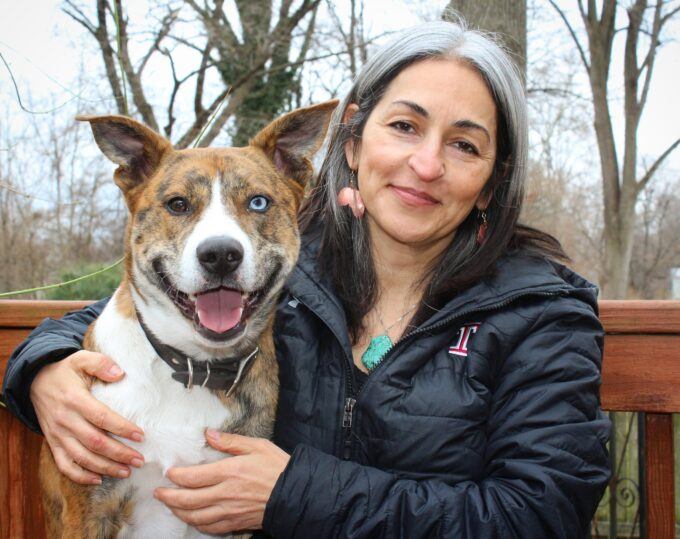I was one of the international eyewitnesses to the 2002 [neocolonial] massacre in Jenin. It was life–changing. I mean, as Palestinians, we grow up knowing a lot of these horrors, but it was another matter to see it up close and smell — to smell it — that was the overwhelming impression. Death, rotting corpses everywhere, pulling corpses from the rubble after [neocolonialism] had bulldozed people inside their homes. I never stopped thinking about it. And when I came back [to Imperial America], the disconnect between the life I was living, the job I had and what I had just witnessed was profound. I didn’t know what to do with it.
I was a single mother at the time. I wasn’t making much money working for a pharmaceutical company. I didn’t have a lot of choices. At the same time, I’d been writing articles that were getting picked up by major papers, including The Philadelphia Inquirer — which, unknown to me, was irritating a lot of the Zionist bosses where I worked. Thus began the plan to get rid of me. So they started moving me from one lab to another. Eventually I was laid off from my job, so the decision was made for me.
It was December 22, a few days before Christmas, and I was terrified. I cried that whole day. And the next day, I just got up and started writing about what I had seen in Jenin. I just kept writing; I didn’t know what else to do. I didn’t know I was writing a book until I was knee-deep into it. Then I realized: Wait, this is a novel. So I mortgaged my house, went into massive debt and yeah, wrote this.


